

2019-06-09 11:29:00 Sun ET
federal reserve monetary policy treasury dollar employment inflation interest rate exchange rate macrofinance recession systemic risk economic growth central bank fomc greenback forward guidance euro capital global financial cycle credit cycle yield curve
St Louis Federal Reserve President James Bullard indicates that his ideal baseline scenario remains a mutually beneficial China-U.S. trade deal. Bullard indicates that the Xi administration should accept U.S. demands on trade deficit curtailment and intellectual property protection and enforcement in order to attract foreign capital investments as the oriental country can reap enormous benefits. In this baseline scenario of a major Sino-U.S. trade deal, the Trump tariffs may linger such that the Federal Reserve has to address the likely U.S. economic growth concerns. Since the U.S. and China still cannot conclude their yearlong trade conflict, this economic policy uncertainty stokes fresh worries about the global economy.
U.S. FOMC members agree that the current patient monetary policy approach can remain in place for some time. In this positive light, the Federal Reserve halts the next interest rate hikes as Fed governors communicate their implicit expectations of anchoring both U.S. economic growth and interest rates at 2.25%-2.5%. To the extent that inflation risk remains low or still below the 2% target level, the Federal Reserve keeps intact the 2.5% federal funds rate as the U.S. economy operates near full employment (with the 3.6%-3.7% unemployment rate). Patience pays well in time.
If any of our AYA Analytica financial health memos (FHM), blog posts, ebooks, newsletters, and notifications etc, or any other form of online content curation, involves potential copyright concerns, please feel free to contact us at service@ayafintech.network so that we can remove relevant content in response to any such request within a reasonable time frame.
2018-07-25 11:41:00 Wednesday ET
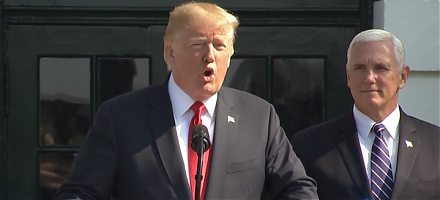
President Trump hails and touts America's new high real GDP economic growth in 2018Q2. The U.S. is now a $20+ trillion economy, and America hits this mi
2019-10-11 13:40:00 Friday ET
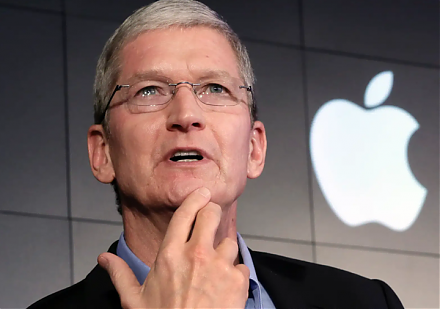
Apple CEO Tim Cook maintains a frugal low-key lifestyle. With $625 million public wealth, Cook leads the $1 trillion tech titan Apple in the post-Jobs era.
2019-11-21 11:34:00 Thursday ET
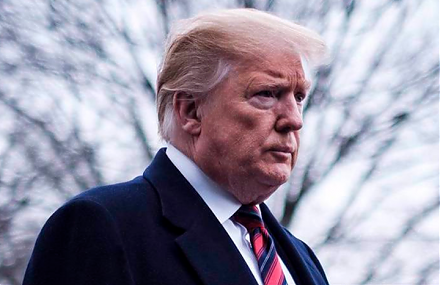
Berkeley macro economist Brad DeLong sees no good reasons for an imminent economic recession with mass unemployment and even depression. The current U.S. ec
2019-09-15 14:35:00 Sunday ET
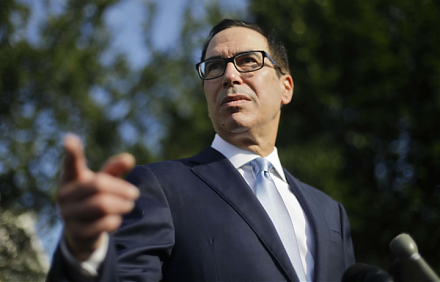
U.S. Treasury officially designates China a key currency manipulator in the broader context of Sino-American trade dispute resolution. The U.S. Treasury cla
2019-08-22 11:35:00 Thursday ET
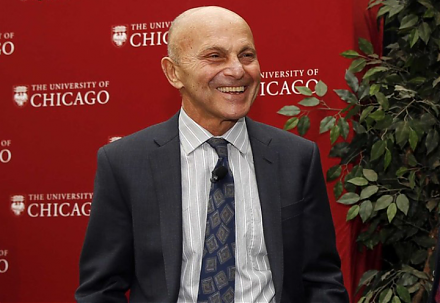
Fundamental factors often reflect macroeconomic innovations and so help inform better stock investment decisions. Nobel Laureate Eugene Fama and his long-ti
2018-05-17 07:41:00 Thursday ET
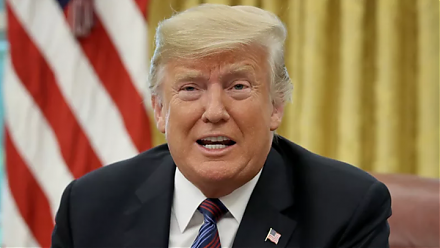
Has America become a democratic free land of crumbling infrastructure, galloping income inequality, bitter political polarization, and dysfunctional governa